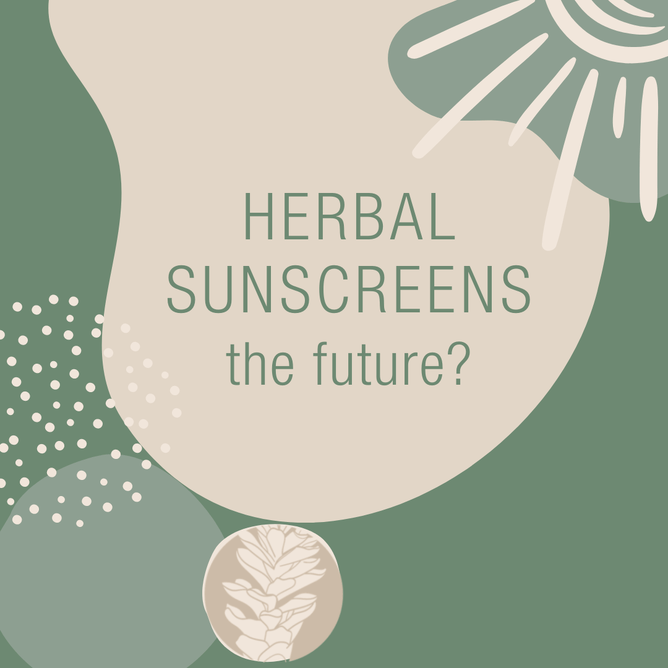With the sun finally making an appearance, I wanted to see if plants can be used to protect us against the sun’s rays. How can we tap into the properties that a plant has to protect itself from the sun?
Whilst moderate exposure to the sun is beneficial to our health & wellbeing and triggers vitamin D production, excessive UV radiation can cause sunburn, premature ageing & skin cancers and suppress our immune systems.There is growing interest in the use of herbs to protect against damaging UV rays with potentially less side effects & kinder to the environment than some of the sunscreens available.
Unfortunately there are currently no unifying guidelines on the sun-protective potential of the various herbs so, until further research is available, make sure you are sun sensible.
- Green & Black Tea (Camellia sinensis) - polyphenols & catechins in tea have been shown to counteract adverse skin reactions after sun exposure
- Horse Chestnut (Aesculus hippocastanum) - has compounds that absorb UV-B radiation
- Walnut (Juglans regia) - shown to be a particularly effective self-tanning sunscreen agent
- Aloe gel (Aloe barbadenis) - assists in new skin cell growth, cools & heals, decreases burning effect of UV radiation by about 20%
- Oils - sesame oil resists 30% of UV rays and olive, coconut & peanut oils block 20%
- Vitamin C - one of the body’s most important antioxidants, providing many skin benefits including increased synthesis of collagen & photoprotection. Found in active form and in substantial quantities in rosehip oil
In the meantime, I shall be using the best botanical sun protection of them all...the shade of a large tree!
